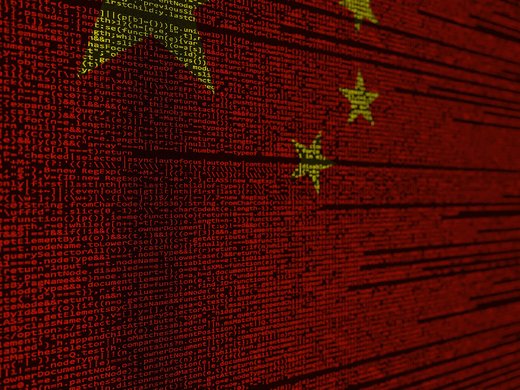“With recent advances in certain technologies, the exertion of influence has assumed a nuanced yet potent form that strains analog-era legal regimes. This influence operates on a large scale, driven by mass swaths of data and automated algorithms, while targeting individuals at a micro-level. It is gradually eroding our capacity to exercise agency over our thoughts and potentially compromising critical thinking faculties. A crucial question arises: where should the line be drawn between permissible influence and outright infringement upon our inherent right to freedom of thought? Who has oversight and where do responsibilities lie?”
With these words, Mai Mavinkurve and Maroussia Lévesque introduce their policy brief, the first in a series by experts in internet governance and human rights for CIGI’s Legitimate Influence or Unlawful Manipulation? project. Using case studies, Mavinkurve and Lévesque overview the myriad ways in which emerging technologies are challenging traditional guardrails established to protect inner freedoms, and the profound implications for our capacity to maintain control over our thoughts and opinions.


